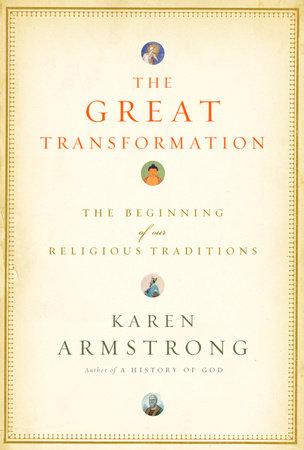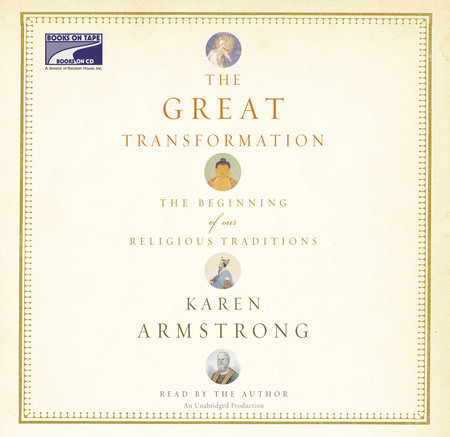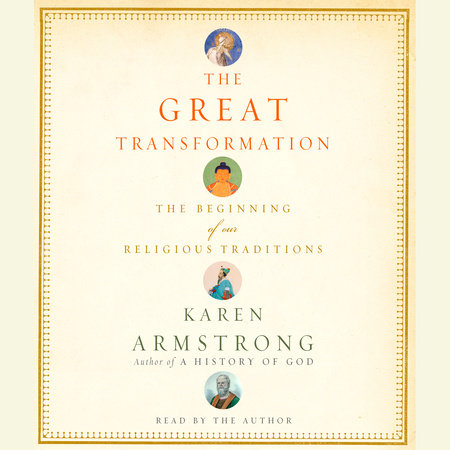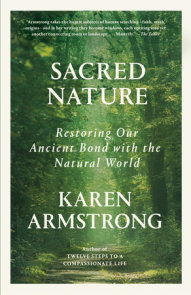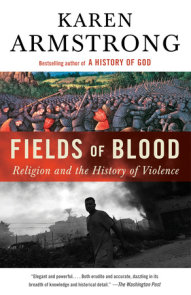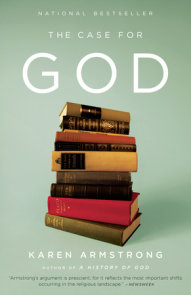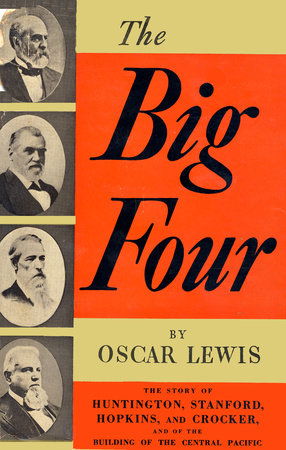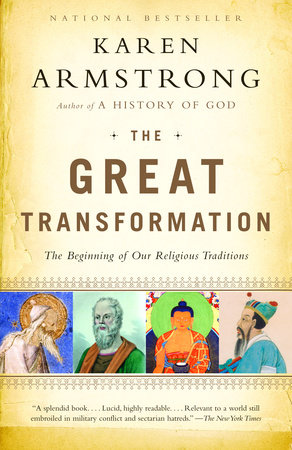

The Great Transformation
By Karen Armstrong
By Karen Armstrong
By Karen Armstrong
By Karen Armstrong
By Karen Armstrong
Read by Karen Armstrong
By Karen Armstrong
Read by Karen Armstrong
By Karen Armstrong
Read by Karen Armstrong
By Karen Armstrong
Read by Karen Armstrong
Category: Religion | World History
Category: Religion | World History
Category: Religion | World History | Audiobooks
Category: Religion | World History | Audiobooks

-
$20.00
Apr 10, 2007 | ISBN 9780385721240
-
Mar 28, 2006 | ISBN 9780307264701
-
Mar 28, 2006 | ISBN 9781415932087
1356 Minutes
-
Mar 28, 2006 | ISBN 9780739325339
725 Minutes
Buy the Audiobook Download:
YOU MAY ALSO LIKE
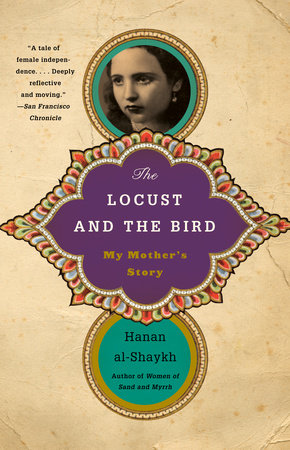
The Locust and the Bird
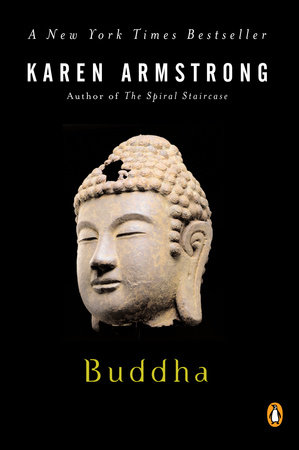
Buddha
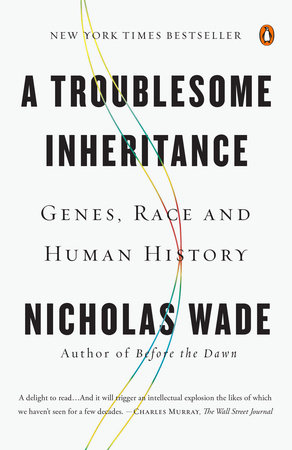
A Troublesome Inheritance
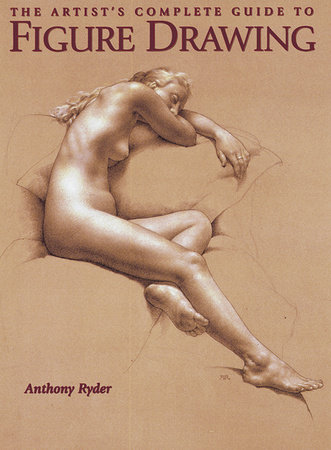
The Artist’s Complete Guide to Figure Drawing
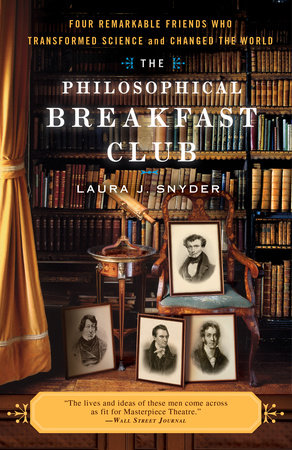
The Philosophical Breakfast Club
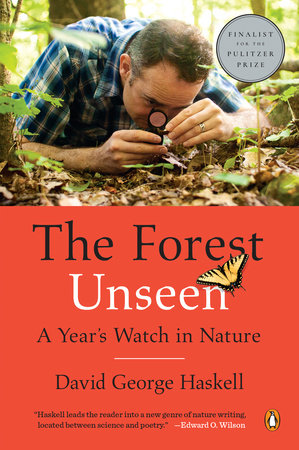
The Forest Unseen
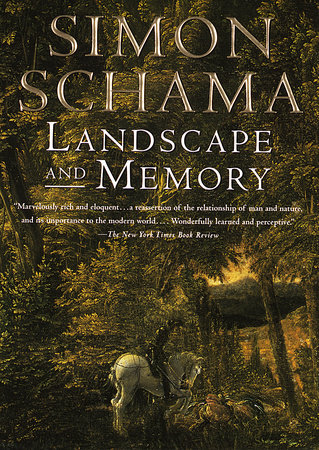
Landscape And Memory

The Written World
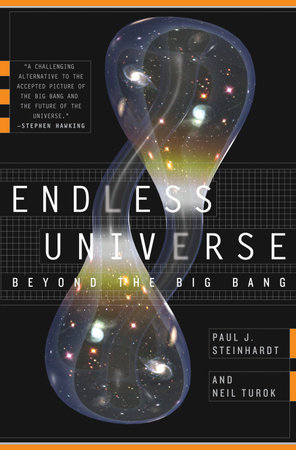
Endless Universe
Praise
“A splendid book. . . . Lucid, highly readable. . . . Relevant to a world still embroiled in military conflict and sectarian hatreds.” —The New York Times
“Masterful. . . . Stimulating. . . . A tour de force.”—The Christian Science Monitor
“The Great Transformation is Armstrong at her best—translating and distilling complex history into lucid prose. . . . Her call to rededicate our religious selves to compassion, other-directed love and service is downright rousing.” —The Washington Post
“Remarkable and persuasive.” —The Independent
“Perhaps her most ambitious work to date. . . . Thoroughly researched and readable.” —The San Francisco Chronicle
21 Books You’ve Been Meaning to Read
Just for joining you’ll get personalized recommendations on your dashboard daily and features only for members.
Find Out More Join Now Sign In






